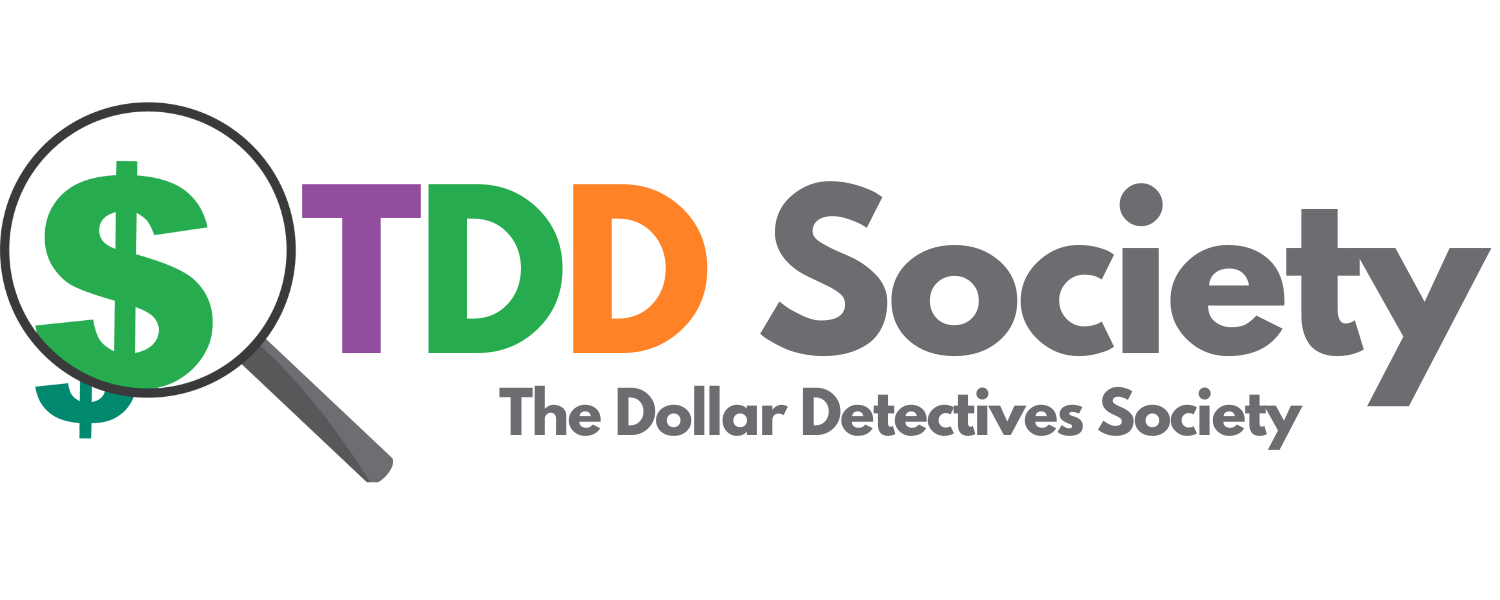
As we find ourselves in the midst of the 2025 tax season, Canadians are navigating several significant changes that have taken effect. With the official tax season having kicked off in mid-February, it’s crucial to be aware of the updates impacting how individuals and businesses file returns, save for the future, and access government benefits.
Key Tax Changes
Capital Gains Tax Adjustments
The most notable update for 2025 is the implementation of changes to the capital gains tax. The inclusion rate for capital gains has increased from 50% to 67% for individuals earning more than $250,000 annually from capital gains. For corporations and most trusts, the entire capital gain is now subject to the higher two-thirds inclusion rate. However, individuals with capital gains below the $250,000 threshold continue to be taxed at the existing 50% rate. Primary residences remain exempt from capital gains tax.
Temporary GST/HST Exemption
A temporary tax exemption, often referred to as a “tax holiday,” remains in effect until February 15, 2025. This measure eliminates the Goods and Services Tax (GST) and Harmonized Sales Tax (HST) on certain items, including prepared foods, snacks, restaurant meals, takeout, delivery orders, alcoholic beverages, and children’s clothing. The federal government estimates that this exemption will save taxpayers approximately $1.5 billion collectively.
Government Benefits Adjustments
Several government benefit programs have seen adjustments in 2025 to account for inflation, particularly those tied to the Consumer Price Index (CPI). Old Age Security (OAS) payments, which are reviewed and adjusted quarterly, remained unchanged for the first quarter of 2025 due to stagnant CPI growth. The Canada Child Benefit (CCB) and GST/HST credit continue to provide support to eligible individuals and families.
RRSP and TFSA Contribution Limits
For 2025, the maximum contribution limit for Registered Retirement Savings Plans (RRSPs) has increased to $32,490. The Year’s Maximum Pensionable Earnings (YMPE) threshold has risen to $71,300. Employee and employer Canada Pension Plan (CPP) contribution rates remain at 5.95%, but the maximum contribution amount has increased to $4,034.10. The Tax-Free Savings Account (TFSA) contribution limit for 2025 remains at $7,000.
Business Tax Updates
Businesses and self-employed individuals can now benefit from increased vehicle-related tax deduction limits. The allowable leasing cost deduction has risen to $1,100 per month, and the maximum capital cost allowance (CCA) for new and used passenger vehicles is now $38,000. Mileage reimbursement rates for employees using personal vehicles for business purposes have also increased.
Digital Tax Filing Updates
The Canada Revenue Agency (CRA) has implemented several procedural changes for electronic tax filing. These include updates to the T619 electronic transmittal record, restrictions on submitting multiple return types in a single submission, and new online validation systems to help taxpayers identify potential errors before submitting their returns.
Important Tax Deadlines for 2025
- RRSP contribution deadline: March 3, 2025
- Tax filing deadline for most individuals: April 30, 2025
- Deadline to pay any taxes owed: April 30, 2025
- Trust return (T3) deadline: March 31, 2025
As we progress through the 2025 tax season, it’s essential for Canadians to stay informed about these changes and plan accordingly to optimize their financial strategies and ensure compliance with the latest regulations.
For the latest tax updates and official information, visit the Canada Revenue Agency (CRA) website. Learn more about the tax changes at https://globalnews.ca/news/10938083/tax-changes-2025-canada/
